Is Organic Paprika the Secret to Flavorful, Healthy Cooking?
If you’ve ever tasted a dish that just "clicked" — where every bite felt balanced and vibrant — there’s a chance organic paprika was part of the magic. This beloved spice isn’t just about color; it brings heat, sweetness, and depth to your kitchen creations. But what makes organic paprika stand out from the regular kind? Let’s dive into the world of this colorful spice and discover how it can elevate both your cooking and wellness.
Table of Contents
- What Is Organic Paprika?
- Why Go Organic?
- Flavor Profiles of Organic Paprika Varieties
- Cooking with Organic Paprika: Tips & Tricks
- Buying Guide: How to Choose the Best Organic Paprika
- Conclusion
What Is Organic Paprika?
Organic paprika is made from dried and ground sweet or hot peppers (Capsicum annuum), grown without synthetic pesticides, herbicides, or fertilizers. It comes in several varieties — sweet, smoked, and hot — each bringing a different character to your dishes.
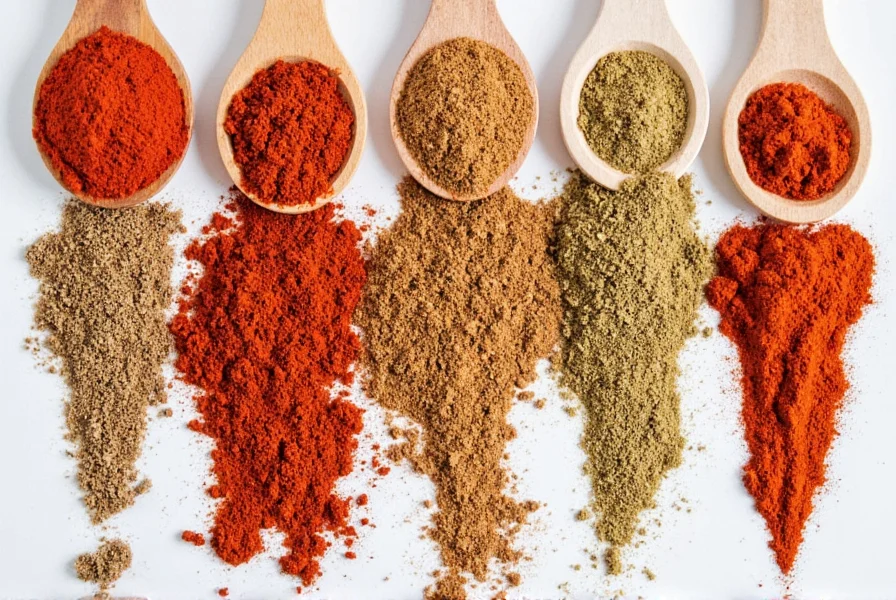
Unlike conventional paprika, which may be treated with chemicals during growth or processing, organic paprika retains more natural flavor and nutrients. It’s also often sun-dried or gently processed, preserving its vibrant red hue and complex taste profile.
Why Go Organic?
Choosing organic means more than just avoiding artificial additives — it’s about embracing purity in every sprinkle:
- Pesticide-free: No synthetic chemicals used in farming reduces your exposure to toxins.
- Better for soil and environment: Organic farming practices help maintain biodiversity and soil health.
- More nutrients: Some studies suggest organically grown produce contains higher levels of antioxidants.
- Superior taste: Without chemical residues dulling the flavor, organic paprika tastes brighter and more intense.
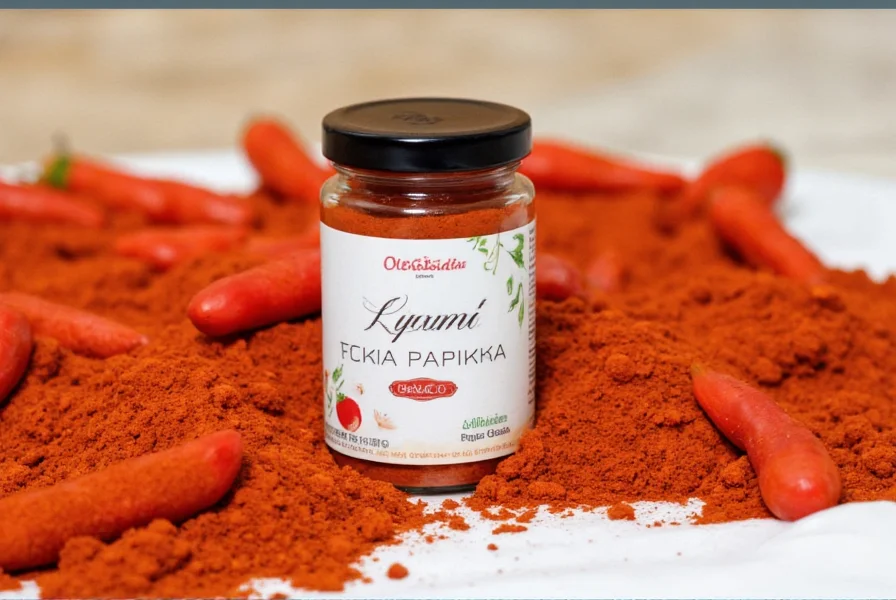
Flavor Profiles of Organic Paprika Varieties
Not all organic paprika is created equal! There are distinct flavor profiles based on origin and preparation method. Here's a handy comparison table:
| Type | Origin | Heat Level | Flavor Notes | Best Used In |
|---|---|---|---|---|
| Sweet Organic Paprika | Hungary | Low | Mild, earthy, slightly fruity | Goulash, rice dishes, sauces |
| Smoked Organic Paprika | Spain | Low to Medium | Smoky, woody, deep | Chili, grilled meats, stews |
| Hot Organic Paprika | Mexico/Hungary | Medium to High | Spicy, bold, peppery | Hot soups, salsas, spicy marinades |
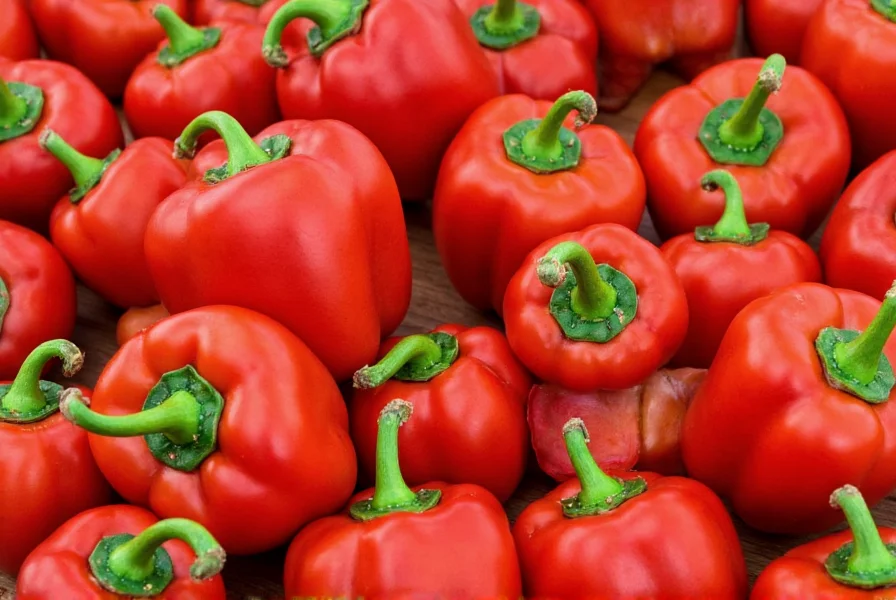
Cooking with Organic Paprika: Tips & Tricks
To unlock the full potential of organic paprika, here are some pro tips:
- Bloom it in oil: Toast paprika briefly in oil before adding other ingredients. This enhances its aroma and deepens the flavor.
- Avoid high heat: Paprika can burn easily. Add it after sautéing aromatics but before liquid ingredients go in.
- Use as a finishing touch: A dusting of smoked paprika over finished eggs, popcorn, or roasted veggies adds a dramatic visual and flavor boost.
- Pair with citrus: The brightness of lemon or lime cuts through paprika’s earthiness beautifully.
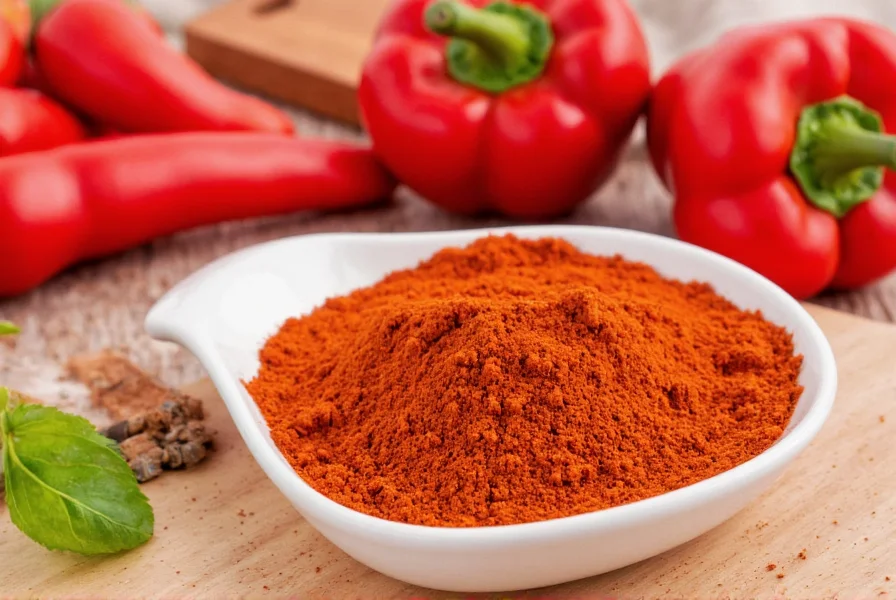
Popular Recipes That Shine with Organic Paprika
- Spanish-Style Chicken Braise: Smoked paprika is the star ingredient in dishes like pimientos de padrón or pollo al chilindrón.
- Vegetable Paella: Sweet Hungarian paprika adds warmth and color to saffron-infused rice dishes.
- Paprika Popcorn: Toss freshly popped kernels with melted butter and a generous shake of paprika for a savory snack.
- Spiced Hummus: Stir in a teaspoon of organic paprika to classic hummus for a smoky twist.
Buying Guide: How to Choose the Best Organic Paprika
With so many brands and types available, picking the right organic paprika can feel overwhelming. Use this guide to make an informed choice:
1. Check the Certification
Look for the USDA Organic seal or other recognized certifications like EU Organic or Soil Association certified. These ensure the product meets strict standards for organic production.
2. Know Your Type
Are you looking for a mild undertone or a smoky punch? Decide which variety suits your culinary needs best before purchasing.
3. Read the Label
Pure organic paprika should contain only one ingredient: ground dried peppers. Avoid blends that include fillers like starch, salt, or anti-caking agents.
4. Consider the Packaging
Opt for paprika sold in opaque, airtight containers. Light and oxygen degrade the spice faster, so proper packaging helps preserve freshness and potency.
5. Brand Comparison Table
Here’s a quick overview of popular organic paprika brands and their features:
| Brand | Type | Source | Key Features | Best For |
|---|---|---|---|---|
| The Spice Lab Organic Paprika | Sweet | Imported from Hungary | USDA Organic, no additives | Everyday cooking, goulash lovers |
| Mrs. Dash Organic Paprika | Smoked | Spain | Lightly smoked, clean label | Grilled dishes, tapas |
| Simply Organic Hot Paprika | Hot | Mexican-grown | Non-GMO, Fair Trade Certified | Fiery recipes, tacos, and salsas |
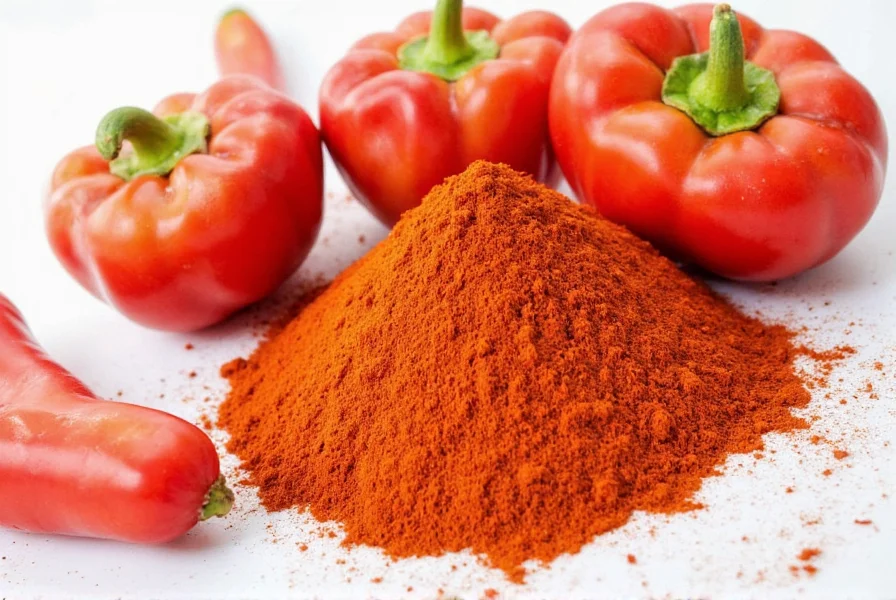
Conclusion
Organic paprika isn't just a splash of color — it’s a versatile spice that brings both flavor and health benefits to your plate. Whether you’re simmering a rich stew, roasting vegetables, or spicing up a dip, choosing organic ensures you're getting the purest form of this timeless spice. With the right type and brand in your pantry, you’ll unlock a whole new level of culinary creativity.
So next time you reach for paprika, skip the generic bottle and opt for organic. Your taste buds — and your body — will thank you!
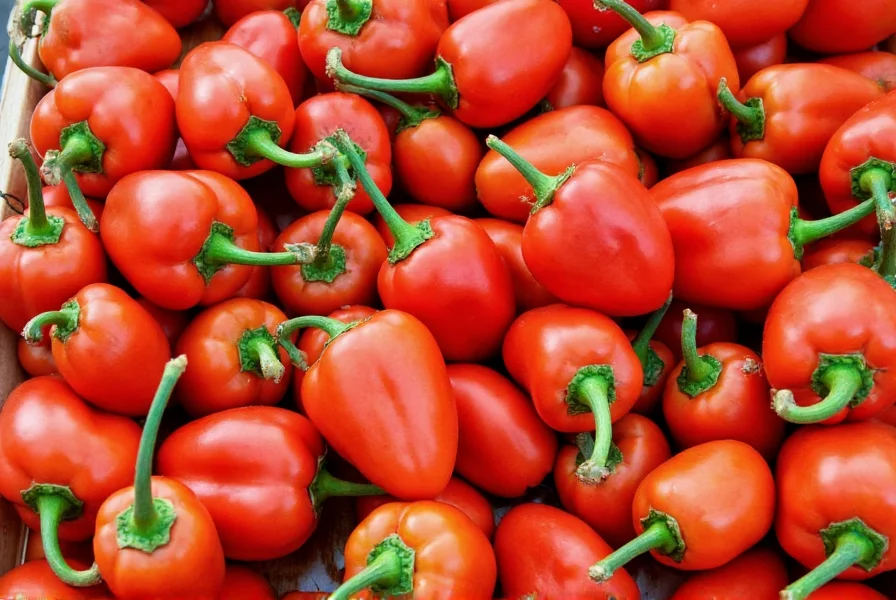

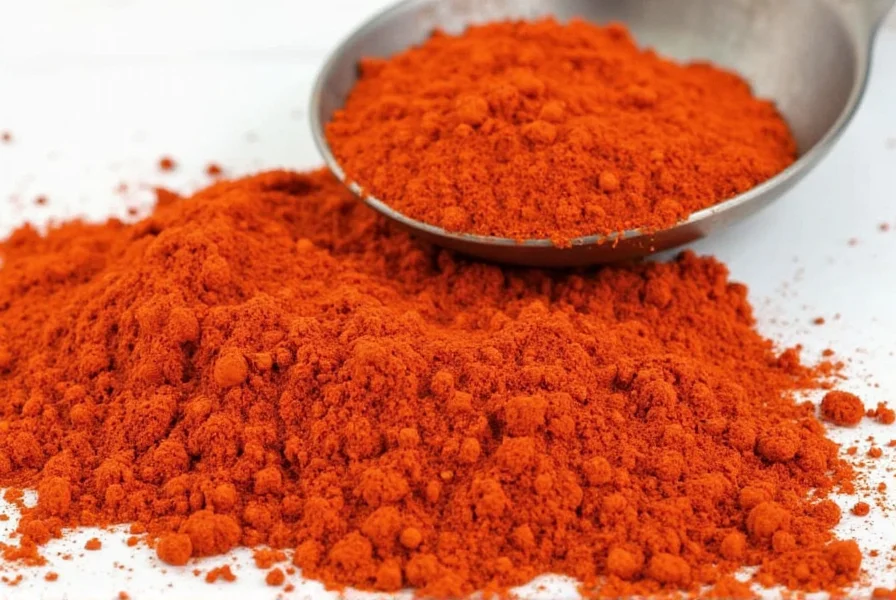









 浙公网安备
33010002000092号
浙公网安备
33010002000092号 浙B2-20120091-4
浙B2-20120091-4